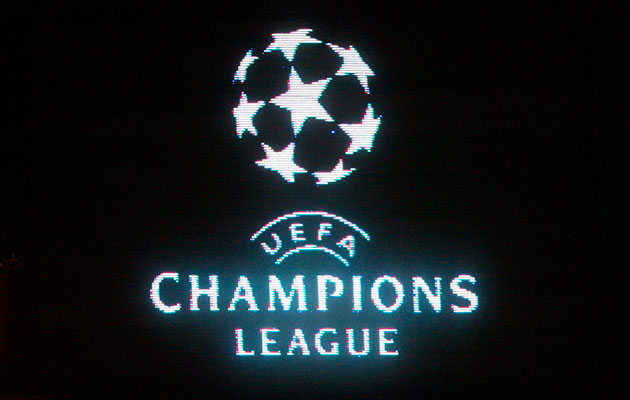Uefa is considering revamping the Champions League, which could involve reducing the group stage to 16 teams.
According to a report in today’s Guardian, the move is due to concerns among continental clubs’ whose incomes are being outstripped by clubs from the Premier League.
The report claims that the group stage could be split into what would effectively be two mini super-leagues.
A Uefa spokesperson told the Guardian: “Uefa is in constant contact with all stakeholders, including the clubs, on all football matters. Therefore, any plans to evolve the format of our club competitions would be coordinated and negotiated together with them. There are currently no concrete proposals on the table since we are at the beginning of a new cycle (2015-18) of our club competitions.”
The changes could also result in more knockout rounds before the revamped group phase. The top 16 seeds might enter the competition in the last 32, where they would avoid each other. The established continental clubs believe this would allow them a better chance of avoiding so-called lesser teams at the group stage, which in an eight-team format would mean 14 matches, played home and away.
The Premier League’s record new TV deal from next year of £5.14bn – plus an expected further £2.37bn from overseas rights – is widening the finacial gap between the English clubs and all bar a few of their European counterparts.
Next season, the side relegated bottom from the Premier League will receive £100m, as much as Chelsea received when claiming the title last season. The champions in May 2017 will be receive prize-money of around £150m. In contrast, winning the Champions League offers a reward of £40-50m.
At the start of the month senior executives from Chelsea, Manchester United, Manchester City, Arsenal and Liverpool, the Premier League’s “big five” met in London to discuss the Champions League with the American sports executive Charlie Stillitano, chairman of Relevent Sports. The clubs were forced to deny there are plans for a breakaway European Super League.
Two days after the meeting Stillitano gave an indication as to the direction he would like to see the Champions League moving.
“What would Manchester United argue: did we create soccer or did Leicester create [it]?” said Stillitano. “Let’s call it the money pot created by soccer and the fandom around the world. Who has had more of an integral role, Manchester United or Leicester? It’s a wonderful, wonderful story – but you could see it from Manchester United’s point of view, too. It’s the age-old argument: US sports franchises [which do not have relegation] versus what they have in Europe.”







